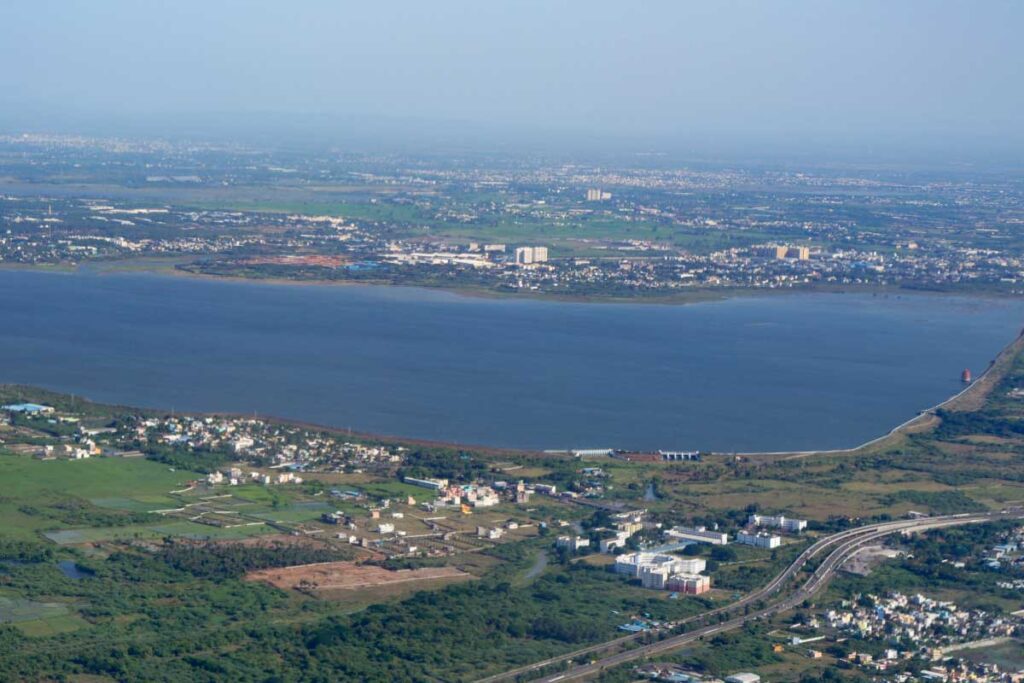Tamil Nadu’s rapid urbanization and industrial growth have created unprecedented demand for reliable water supply infrastructure. As the state continues to expand, the need for comprehensive water networks has become more critical than ever before.
The Growing Challenge
With over 75 million residents and a booming economy, Tamil Nadu faces unique water distribution challenges. Traditional infrastructure systems struggle to meet the demands of modern cities, industrial zones, and rural communities simultaneously. The state government has recognized this challenge, allocating substantial budgets for water infrastructure modernization.
Government partnerships with experienced infrastructure companies are essential for realizing these ambitious goals. Success depends on choosing contractors with proven expertise in government projects, established relationships with state authorities, and unwavering commitment to quality and precision.
TWAD Board’s Vision for the Future
The Tamil Nadu Water Supply and Drainage Board (TWAD) has embarked on an ambitious mission to revolutionize the state’s water infrastructure. Recent projects include:
- Comprehensive Pipeline Networks: Extending coverage to underserved areas
- Modern Pumping Stations: Ensuring consistent water pressure across distribution zones
- Smart Water Management: Implementing technology-driven monitoring systems
- Sustainable Design: Incorporating eco-friendly materials and energy-efficient solutions
Engineering Excellence in Action
Successful water supply projects require more than just laying pipes. They demand:
1. Precise Geological Assessment
Understanding soil conditions, water table levels, and terrain challenges ensures long-lasting infrastructure that can withstand Tamil Nadu’s diverse geographical conditions.
2. Advanced Materials Selection
Modern projects utilize corrosion-resistant materials, leak-proof joining systems, and durable components designed for the state’s climate conditions.
3. Integrated System Design
Effective water networks integrate seamlessly with existing infrastructure while providing expansion capabilities for future growth.
4. Quality Assurance Protocols
Rigorous testing, regular inspections, and adherence to government specifications ensure projects meet the highest standards.
Economic Impact and Community Benefits
Well-executed water infrastructure projects generate significant benefits:
- Public Health Improvement: Clean, reliable water access reduces waterborne diseases
- Economic Growth: Industries require a dependable water supply for operations
- Agricultural Support: Enhanced irrigation capabilities boost rural productivity
- Quality of Life: Consistent household water access improves daily living standards
The Future of Water Infrastructure
Tamil Nadu’s water infrastructure development is moving toward smart, sustainable solutions. Future projects will incorporate:
- IoT-enabled monitoring systems
- Renewable energy-powered pumping stations
- Rainwater harvesting integration
- Advanced treatment and recycling capabilities
As Tamil Nadu continues to grow, strategic investments in water infrastructure will determine the state’s ability to support its population and economic development for generations to come.

